
A mother who was diagnosed with ADHD at 36 after growing up thinking she was “broken” now helps other women with the condition practise mindful gardening through her business after discovering the hobby “allowed her brain to rest”.
Kendall Platt, a 38-year-old horticultural therapist, who lives in Reading, first realised she may have attention deficit hyperactivity disorder (ADHD) in 2021, after CBT (cognitive behavioural therapy) did not help her manage her thoughts – she felt like her brain was “so quick”, she could not “interrupt them”.
The mother of two to Elora, two, and Arwen, six, began reading about the neurological disorder and identified with symptoms such as being “in a constant cycle of overworking and burning out”, hyper-focusing, having a “busy mind” and having no perception of time.
Kendall also had a “deep-rooted sense of always feeling something was off” so decided to get a diagnosis – but she did not have her appointment until January 2023 as she procrastinated filling out the forms and also fell pregnant.
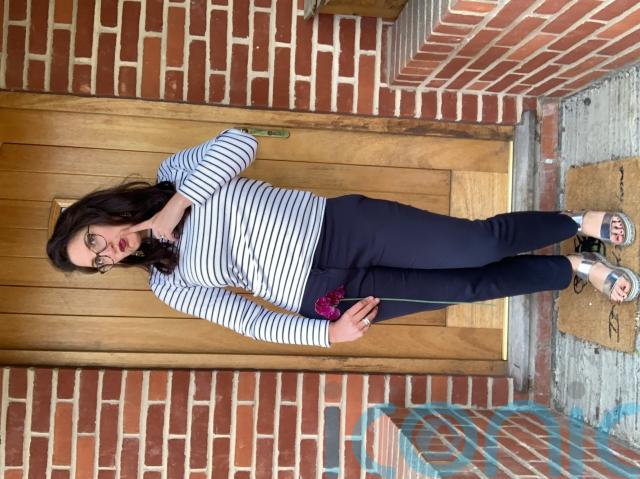
At the time, her husband, Dave, 40, did not think she was presenting any signs, but it turned out she had ADHD – Kendall said the diagnosis made her feel validated and emotional.
She believes her symptoms were not picked up on, especially when she was younger, because she always did well at school and was successful.
Throughout the process, Kendall found peace in gardening and after receiving the diagnosis, it made sense – gardening allowed her to do repetitive tasks and gave her “headspace to process feelings”.
In 2018, she launched a business, Adventures with Flowers, and made it her full-time job in 2020. Since her diagnosis, in 2023, she has tailored it to help women with ADHD, as well as non-neurodiverse people, on how to practise mindful gardening.
Kendall told PA Real Life: “(When I was diagnosed) I felt quite emotional … it felt quite validating, like I’m not broken, my brain just works slightly differently to other people.

“It’s not something that I am doing wrong or a personality flaw of mine.
“I had this weird moment of feeling relief at having an answer, but also feeling a deep sense of sadness for all of those years that I’ve been really horrible to myself because I thought that there was something fundamentally wrong with me.
“I can now accept myself for who I am.”
Kendall had always struggled with having a “busy brain” and managing her thoughts, and in 2021, she received CBT (cognitive behavioural therapy) through the NHS but found that it did not help her long term.
Her therapist tried to teach her how to stop certain thoughts “before (they) spiral” but Kendall found that her brain was “so quick”, she could not “interrupt them”.
Soon after, her GP diagnosed her with generalised anxiety disorder, a long-term condition that causes you to feel anxious about a wide range of situations and issues, rather than one specific event.
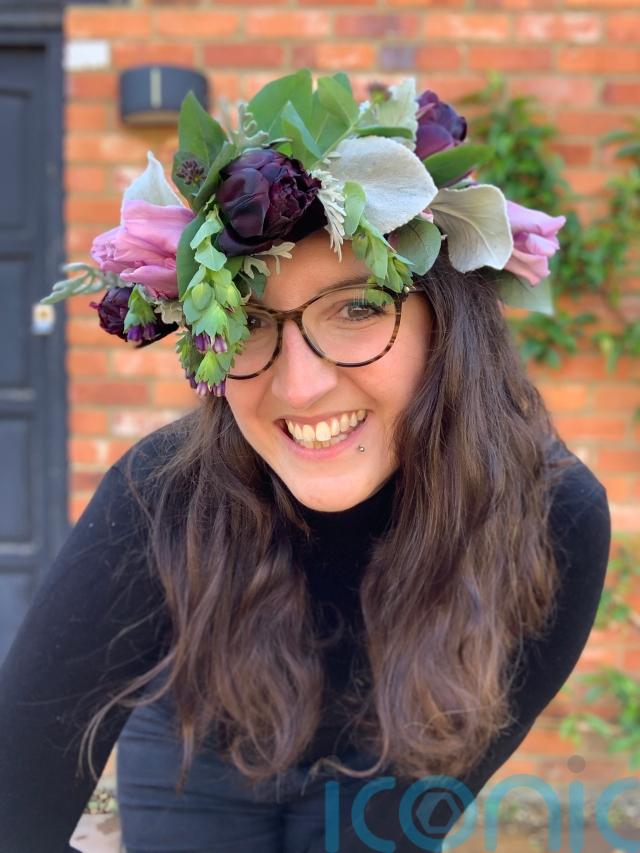
Kendall then began reading about mental health and neurological disorders and found that she related to some symptoms of ADHD – she worked as a forensic scientist from 2010 to 2020, often hyper focusing and getting tasks done very quickly, to the point where she was doing the work of three people.
“I was in a constant cycle of overworking and burning out,” she said.
“I could spend hours analysing a black jacket for a tiny blood stain and would hyperfocus on it … I can literally sit for hours and forget to eat.
“I’m not hyperactive, my mind is very busy, but I don’t need to move around and I’m not a fidgeter. So I was like self-gaslighting, which is very common in women with ADHD.
“The big one for me was my busy mind – I kind of thought that everybody’s minds were like that. I’d really ruminate on things, like I’d have a conversation with someone then the next day, or even an hour afterwards, I’d play it over and over in my mind worrying about what they think of me.
“It’s also painful when I either am being rejected or perceived that I’m being rejected. I have time blindness so I’m always really early to things and I have no perception of time.”
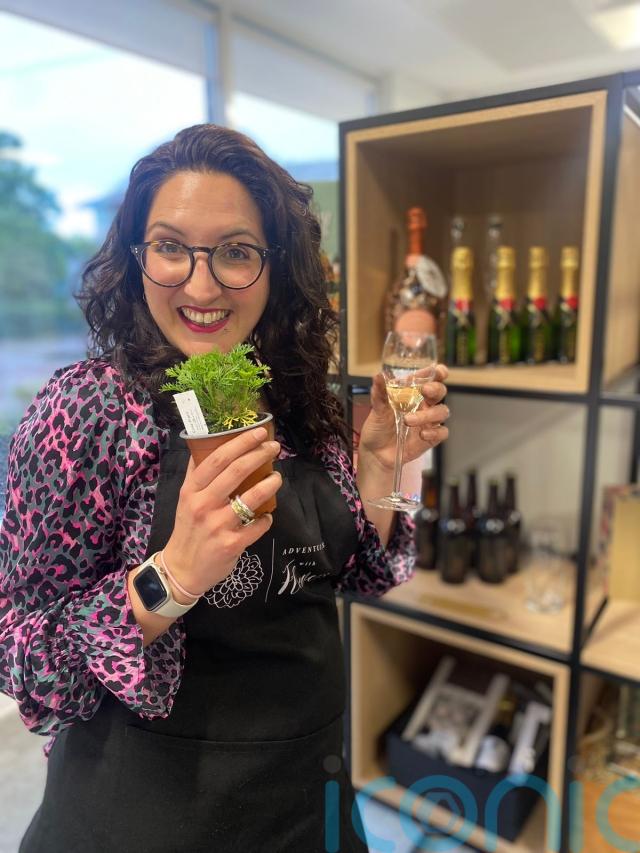
Kendall had a “deep-rooted sense of always feeling something was off” so felt like a diagnosis could be “validating”.
So she filled out an online form through Right to Choose, answering whether she identified with certain tendencies.
She then took this form to her GP who referred her to Psychiatry UK to go through the diagnosis process in June 2021.
Kendall was left with lots of paperwork to fill out, and had to complete it to book her diagnosis appointment, but ended up “procrastinating” and also fell pregnant with her youngest daughter.
She got round to it in January 2023, and her husband also had to fill out a section of the form, with Kendall shocked to discover he did not think she was displaying any obvious ADHD signs.
She said: “I felt like I was either doing a really good job of hiding it or I’m being a bit crazy about it!
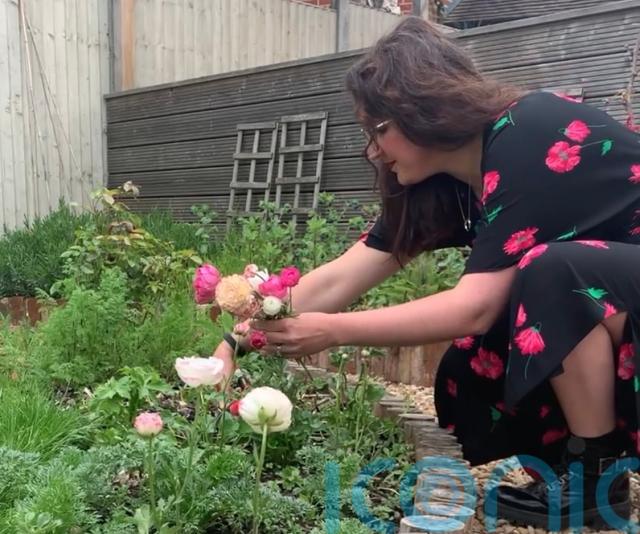
“The psychiatrist said that it was more for parents to fill out, for children.”
In January 2023, she received her diagnosis and felt like everything made sense.
Kendall believes if she received a diagnosis in her childhood, she “would have been kinder” to herself.
“I think perhaps, amongst my family, there might have been more awareness and understanding about why I was the way I was and why I was so sensitive,” Kendall added.
“I think in reality the reason I wasn’t diagnosed when I was young, is because it wasn’t public to anyone.
“I was doing really well in school, other than crying quite a lot, but eventually I learned to shut that down as well because I kept getting told I was too emotional.
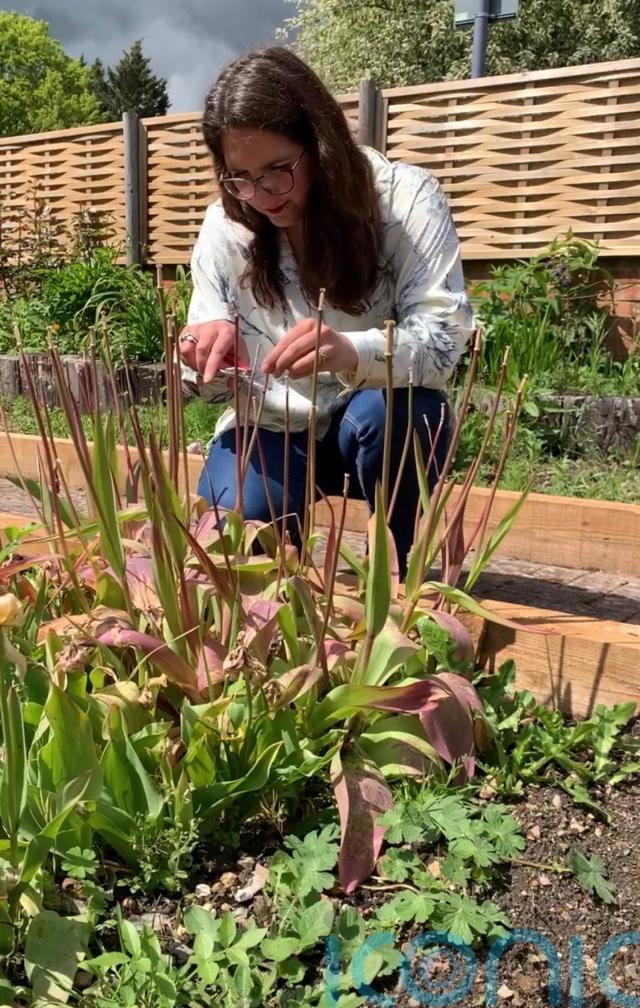
“But of course, over time, those emotions can’t stay inside forever so they explode in anxiety or panic attacks or a multitude of other ways – drinking too much, or eating too much.
“So I think that if I had been diagnosed when I was younger, I hope that my family might have taken the time and care to read about ADHD, and then just approached me with just a bit more understanding.”
When telling her loved ones about her diagnosis, Kendall thinks they did “not quite understand it”, especially because of the lack of awareness about ADHD.
Since her diagnosis she has learned to schedule her day in a more productive way by taking regular breaks and having rewards throughout the day.
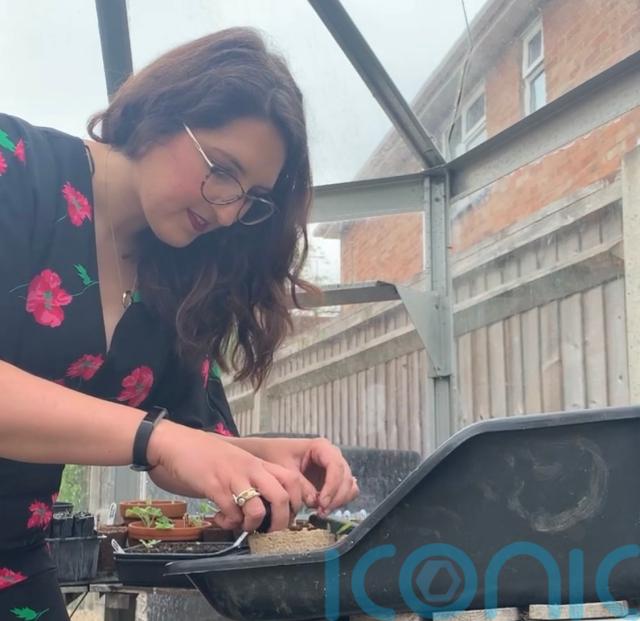
She also found that, over the years, gardening “allowed her brain to rest” and has “given her headspace to process feelings”, which “makes sense” since receiving her diagnosis, and in 2018, she launched a business, Adventures with Flowers.
Kendall started working for herself full-time in 2020 and teaches her clients how to garden, hosts workshops, does online coaching, and runs a Substack community.
She explained: “So I work with women who want to take more time for themselves, because they’ve got to this point of burnout or they’ve realised they’re not going to be too far from it.
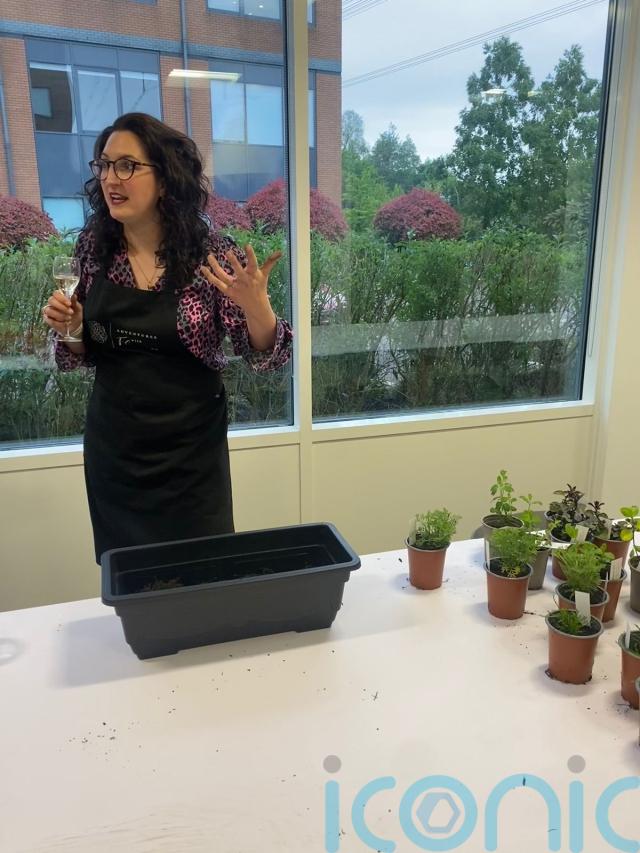
“I teach them to garden as a way of quieting their mind to help them grow some self worth again.”
She has since written about her experiences with ADHD through her business, and has been able to help others.
She said: “I’ve had so many messages from women saying they think they might have it too and I’ve just tried to offer some advice on things they can do to help themselves.”
For more information about Adventures with Flowers, visit: www.adventureswithflowers.com.
Subscribe or register today to discover more from DonegalLive.ie
Buy the e-paper of the Donegal Democrat, Donegal People's Press, Donegal Post and Inish Times here for instant access to Donegal's premier news titles.
Keep up with the latest news from Donegal with our daily newsletter featuring the most important stories of the day delivered to your inbox every evening at 5pm.